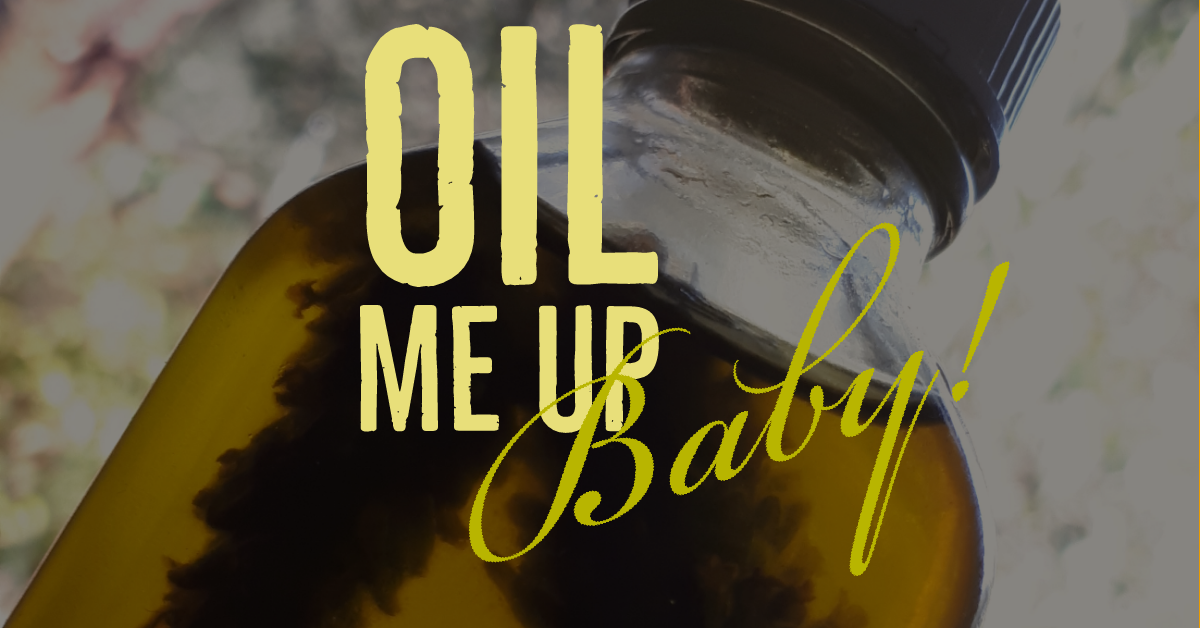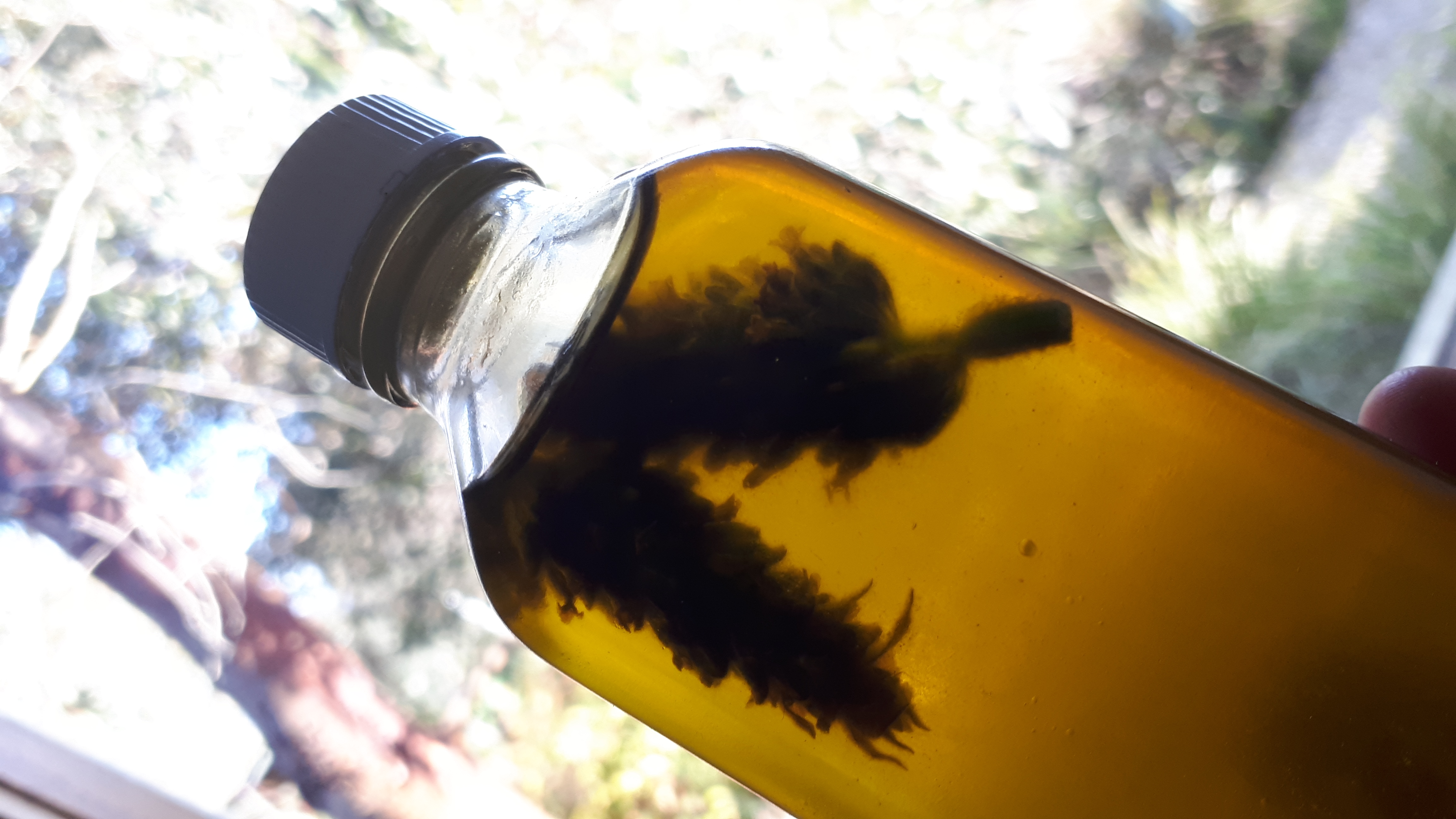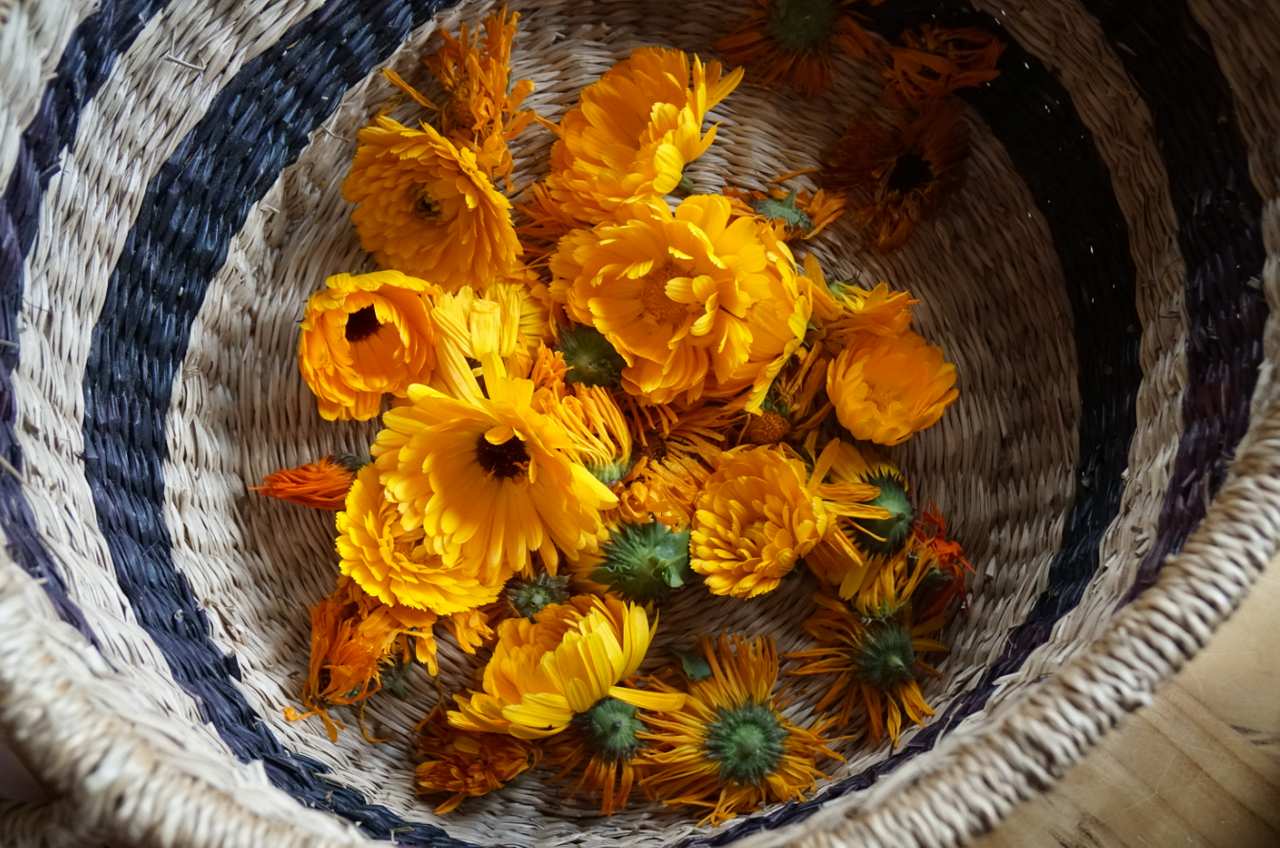Nerves frayed. Every cell vibrating with adrenalin. Feeling like if I hear another *sound* or one more question is asked of me I'll just melt into a puddle of anxiety or vibrate into space, never to be seen again. I've recently been thinking about my hyper sensitivity to my external environment, and how the world seems *too much* for this little duck to handle. Psychologically, I'm on my A-game, and couldn't be happier with my life. I'm not just *saying* that, I genuinely love life, and love the people in it and the place I live. Yet my physical system often baulks against it, unable to cope with the demands placed upon it. This week I've been researching SPS, or sensory processing sensitivity (if you have this, you might be a HSP, or highly sensitive person, who has a neural trait that has evolved in up to 20 percent of both human and not human species, quite possibly a survival advantage). It makes a great deal of sense to me, explaining why I feel I'm often in *survival mode*, or constant fight or flight. A nurturing, nourishing self care routine for all of this, that is **working?** Oil me up, baby! Whilst it might sound NSFW (ooh er, naked bodies and oil?), it's actually a lovely natural medicine.




https://files.steempeak.com/file/steempeak/riverflows/sNWEVZAY-image.png
If you find a painful spot, play with it. If it's excruciating, be gentle. If the pain feels good, linger longer. Press down on the muscle for a while. It's likely a trigger point that will do you some good. Rubbing can help the tissue, freeing up any problems there. If you know anything about meridians or fascia, use that knowledge as your starting point. For me, I dance with the adrenals and my liver with my stressors, so I'll work along those meridian lines - a quick google search can give you some good tips that work for you. > We are our own healers, and we can't be shy with experimenting with our own bodies and systems. #### Using Essential Oils Aromatherapy, in the form of essential oils, has been proven to reduce pain, suggesting that it stimulates the olfactory senses and can not only reduce pain, but change your pulse, blood pressure, skin temperature, and brain activity. Ginger oil has been found to be particularly effective when combined with massage in relieving back pain. Studies have also shown it particularly effective in relieving menstrual pain, post-operative pain (particularly with lavender oil), cancer and many other painful symptoms of illness, disease and injury.1, especially when combined with other methods such as massage. Heath and Hedegrow have an interesting article that summarises her thoughts on this, which you can read [here](http://www.herbhedgerow.co.uk/can-essential-oils-get-into-your-bloodstream/) on oils entering the bloodstream, looking at cosmetics and essential oils from a chemical biologists point of view. The general consensus is that they *do*. Whilst the carrier oil might not penetrate the first few layers, the essential oil *can* - and of course the chemical constituents of whatever medicinal herb you might be using. This is of course good news, but also raises a need for caution, being aware of what oils might cause adverse effects on the body. And they shouldn't ever be applied *neat* - a few drops in a bath or within a carrier oil is much preferred - between 3 to 6 drops in around 2 tbsps of essential oil in four tablespoons of a base oil. I love frankincense and rose in my bath or added to my body oils, but scent is a very particular thing and you need to choose one that is good for *you*. The following isn't an exhaustive list, but I've tried all of these and love them. I beg you to research before you start, especially if you suffer particular conditions or might be pregnant. - **Chamomile**: gentle and soothing on the skin, joints and muscles. Sedative, analgesic. - **Bergamot**: Contains linalyl acetate (like lavender does), which is a sedative and anti-inflammatory effect and helps release tension and unexpressed emotions. - **Rose**: Ah, the heart's oil! Promotes heart health through helping healthy circulation, enhances the mood. - **Lavender**: antiseptic, anti-inflammatory, promotes sleep and rest (I use the fresh buds in an oil infusion as well as the essential oil). #### Creating Space To Be Creating time to self massage is a beautiful ritual that allows me to switch off. I do it in my bathroom surrounded by plants and candles, and just before bed. It is a safe, calm space that allows me quiet time to debrief with myself. How's it going, self? You okay in there? #### Symbolic and Literal Boundaries: Oil as Protector The skin is a very real protective boundary between ourselves and the environment - pathogens, chemicals, sunlight are all kept at a distance by this envelope of skin. Additionally, many religious and spiritual practices use oil as ritualistic barriers or protectors from harm. As I self massage with oil, I think about it as a symbolic boundary too, between myself and the world. I am safe, here and now, nourished. ***This was written in response to NATURAL MEDICINE's wisdom challenge which asks what *preventative* medicines we might use for ourselves, or the earth. Pop over to @naturalmedicine for more information - you can win their native token, LOTUS, or up to 40 Steem!*** https://gateway.ipfs.io/ipfs/QmcGSZxvsXD8YbSCNAo6KWc4a9RjXyRCjWupZdPXJapkXk
Originally posted here: https://steemit.com/naturalmedicine/@riverflows/using-herbal-oils-as-preventative-medicines-calming-hypersensitivity
No comments:
Post a Comment